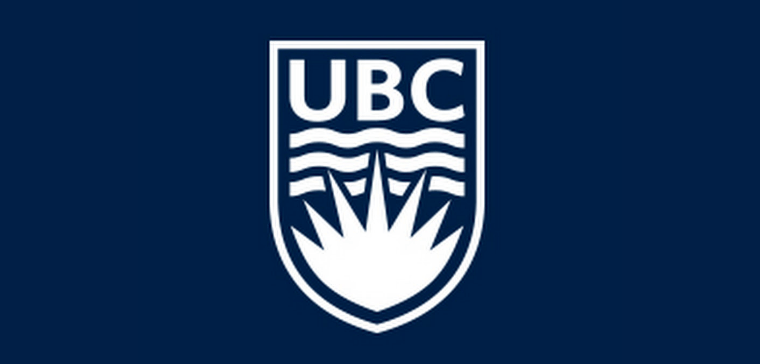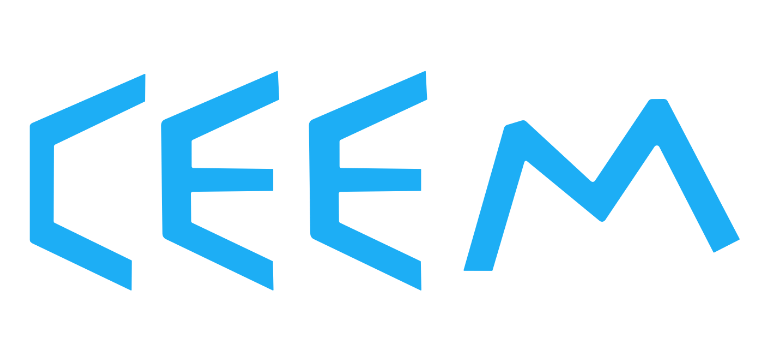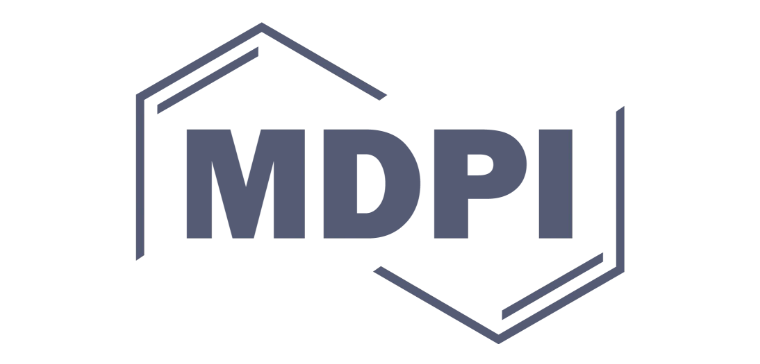
The Oxford Handbook for Medical School helps students worldwide survive and thrive through college.
Oxford University Press and Drs. Sugand, Berry, Yusuf, Janjua and Bird offer a treasure trove of tips for excelling at school. Among their recommendations is Prognosis: Your Diagnosis, listed 3rd in its top ten apps for medical students. Prognosis “makes learning easier and smarter, more mobile and convenient, for medical students.”

The National League for Nursing (NLN) offers new educational opportunities to its members.
The NLN continues to enhance its educational services by adding Clinical Odyssey to its list of recommended tools. With more than 40,000 individual and 1,200 institutional members, the NLN supports the U.S. national healthcare system by strengthening nurse practitioners’ clinical skills across all specialties.

The Journal of Advances in Medical Education and Practice looks at gaming science innovations
Drs. White, Lewis and McCoy use an adaptation of Clinical Odyssey to present evidence on how Gaming Science (GS), Health System Science (HSS), and other current systems-engineering concepts are being used to achieve broader learning objectives in remote medical education across the United States.

The University of British Columbia Medical Journal explores the effects of games in medical learners
Drs. Chow and Cheung use Clinical Sense to illustrate how role-playing and case-based learning can be combined into a single, highly effective resource for training mental acuity and cognitive flexibility among medical students. The impact cannot be overstated given how 98% of med students in Canada use mobile devices for learning.

Global Perspectives on Project-Based Language Learning highlights how games help understanding
Drs. Beckett and Slater delve into the qualitative and quantitative research that is defining how foreign language education is evolving. In their exploration of game-based learning as a technological affordance, our Prognosis: Your Diagnosis app serves to illustrate how performance evaluation can help players stay motivated and improve.

The Netherlands Journal of Medicine highlights the value of games for internal medicine education
Drs. van Ooik, Frakking, Dankbaar, Oosterheert and Kaasjager present their findings on how serious gaming can be better integrated into internal medicine residency education. The authors cite our products as leading examples of mobile education apps already in the market and having an impact in education.

The Clinical and Experimental Emergency Medicine Journal rethinks how to value learning apps
Drs. Zhi and Husain explore the limitations of quality assurance methods currently used to evaluate free open access medical education (FOAM) apps such as our very own Prognosis: Your Diagnosis. The authors then recommend how to overcome the QA techniques to ensure a more effective use of apps within the medical domain.

The MDPI’s Electronics Journal surveys the healthcare technology landscape for promising apps
Drs. Dang Piran, Han, Min and Moon from Sejong University, Seoul, systematically review a broad assortment of mobile healthcare apps and identify those that are most useful to train physicians. Prognosis: Your Diagnosis makes their list as a top evidence-based resource for point-of-care decision making practice.